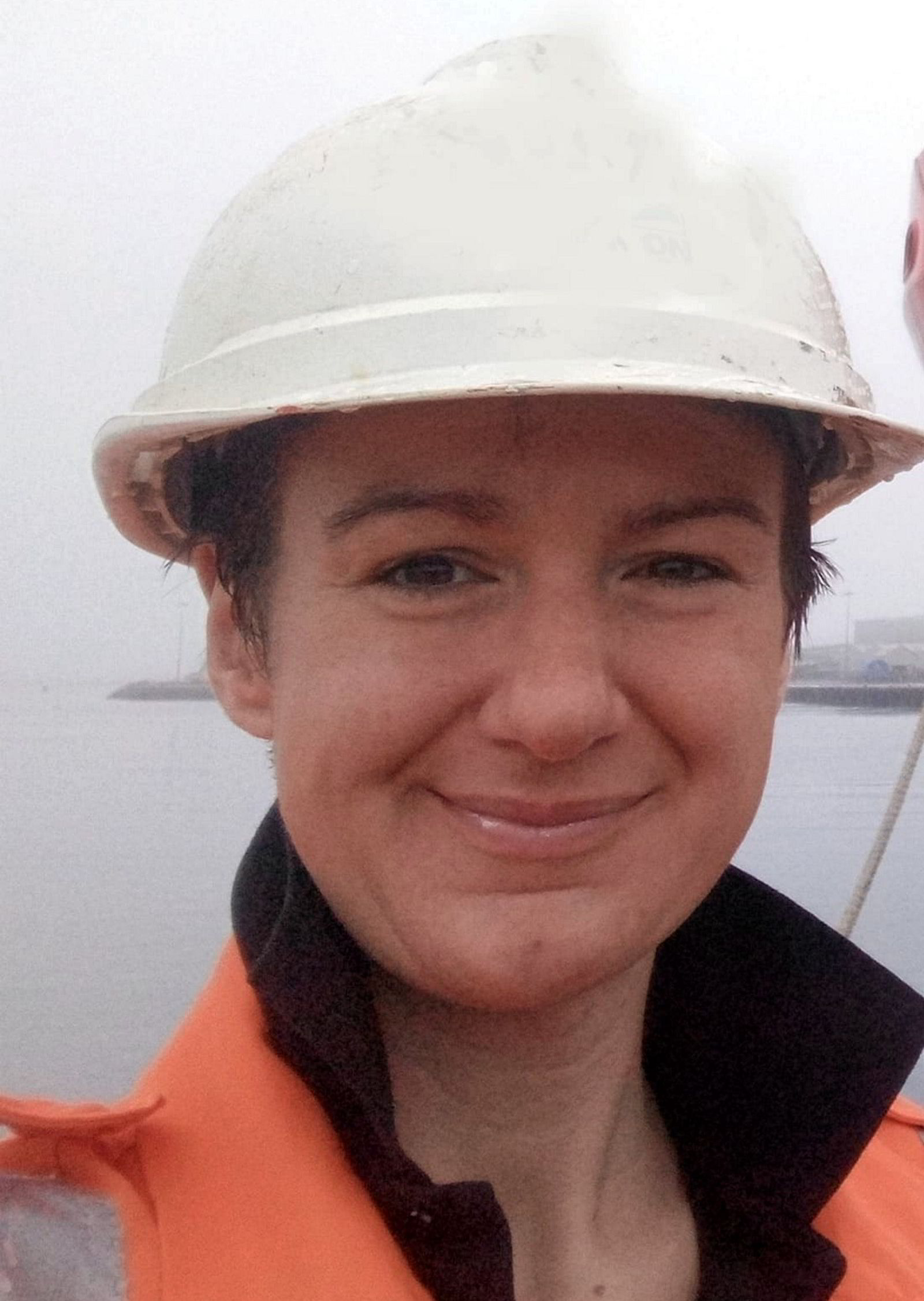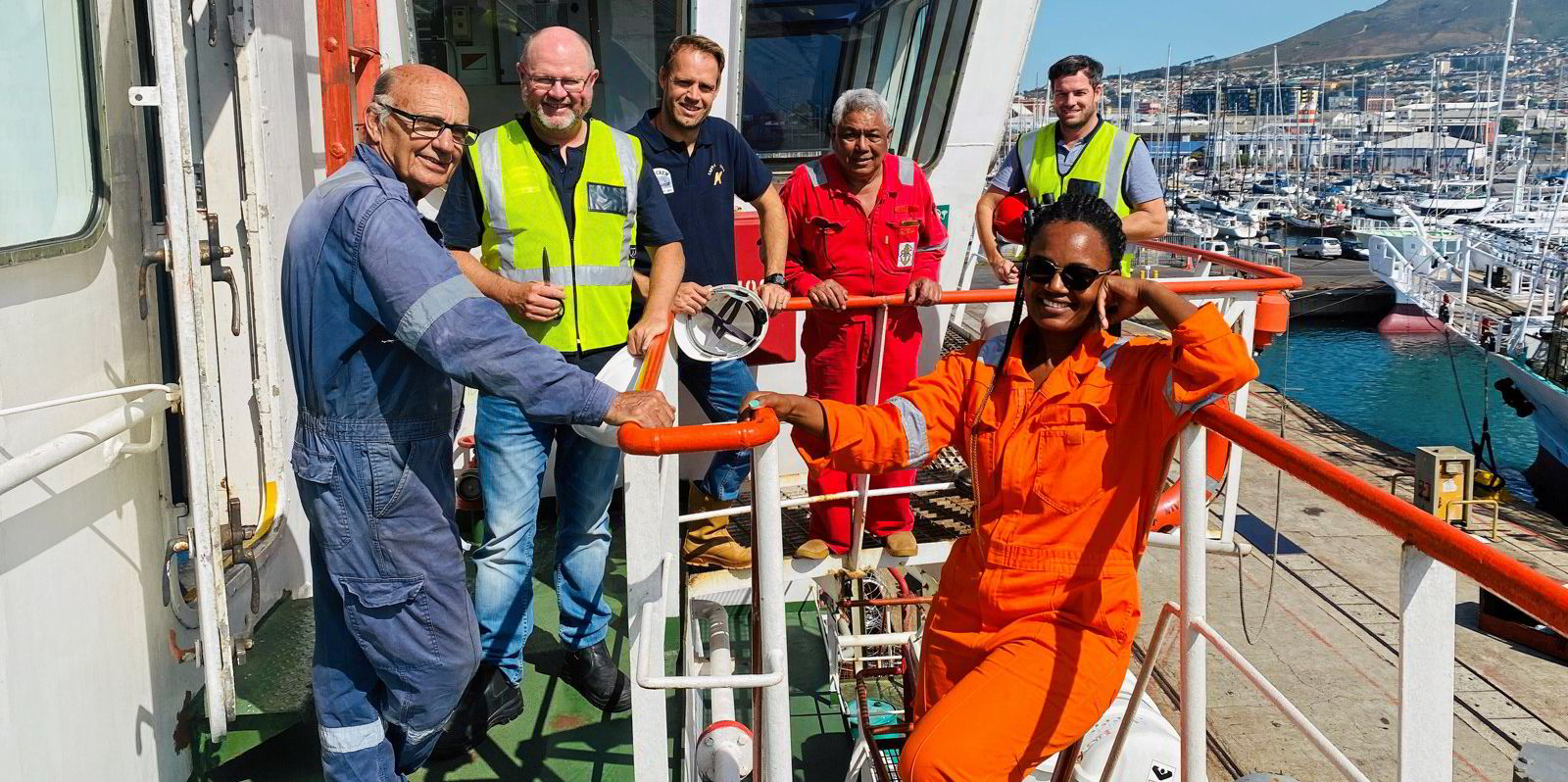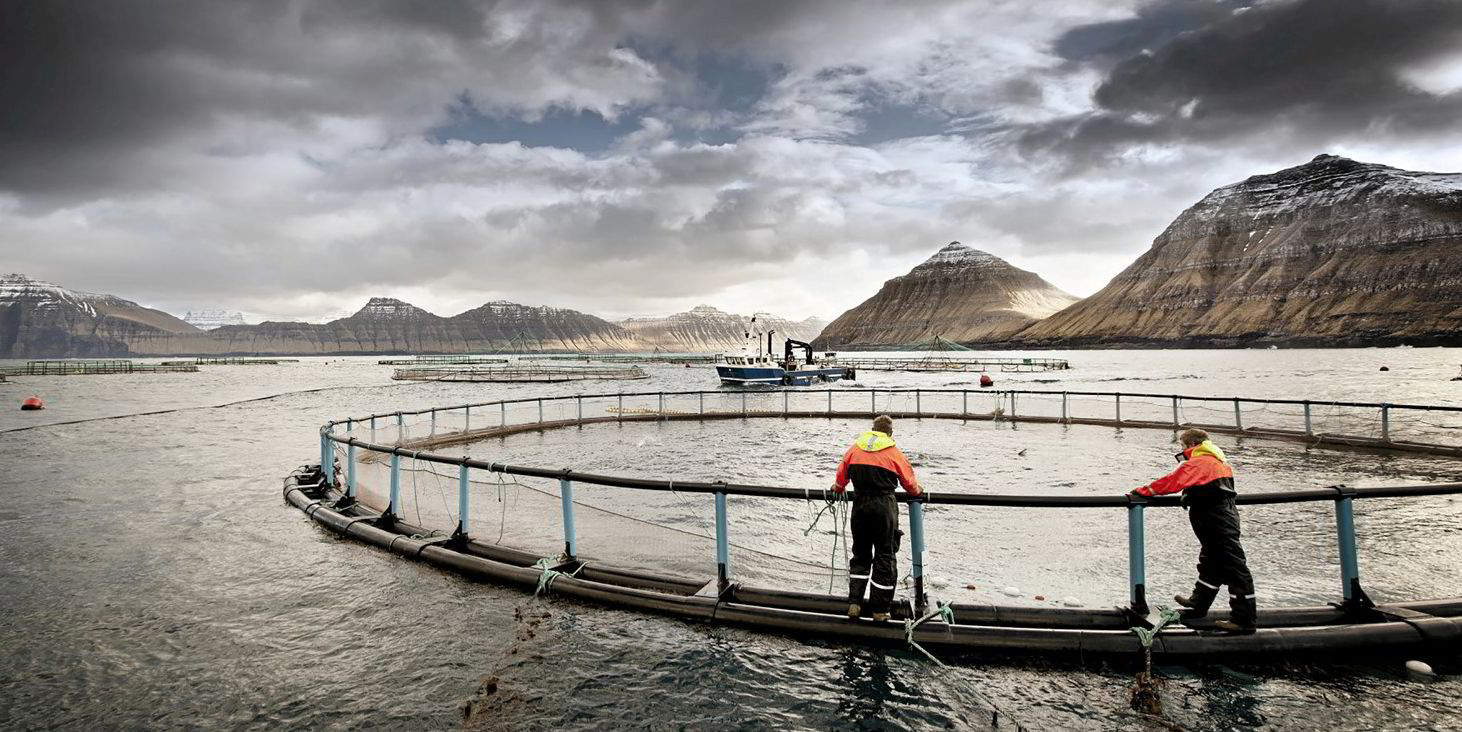It was 18 months ago that ships around the world gave an audio "thank you" to seafarers on behalf of the public with the sound of ship horns.
"Our seafarers are the unsung heroes of global trade and we must not forget the contribution they are making," the International Chamber of Shipping said.
The symbolic — and appropriate — gesture followed on from the example of the public coming out of their homes mid-lockdown to clap for nurses and doctors.
But just as many medical professionals are now heading for the exit door amid fatigue and burnout, a large number of seafarers have decided they have had enough of life at sea.
It has been dubbed the "Great Resignation" by the media and it extends beyond those diverse worlds of hospitals, surgeries and ship cabins to many areas of employment.
Months of lockdown and home working — or just the precariousness of life in a pandemic — have caused people to reassess their priorities.
This has triggered widespread shortages in a wide area of work, forcing employers to raise wages and concede better terms and conditions.
Seafarer suicides
The maritime world is particularly hard hit for a number of reasons. One, those working on deepsea tonnage had a particularly torrid time last year when many were stuck on board their vessels way beyond their contracted tours of duty due to Covid-19 restrictions.
Stress levels were very high and there are some high-profile cases where seafarers took their own lives: no one really knows how widespread this was.
As Philip Schifflin from the Seamen's Church Institute told the Connecticut Maritime Association recently, seafarers work 10 to 12 hours a day, seven days a week. Stretched out over 11 months and "you see how that can be exhaustion, fatigue, leading to anxiety, mental distress. This is all compounded by 'when is this going to end?'"
Two, the difficulty seafarers were forced to accept greatly extended tours of duty, while employment gaps increased leaving seafarers in a state of financial trouble.

Three, many port authorities treated "foreign" crews as undesirable or left seafarers facing huge quarantine periods stuck in hotels and worse. Medical supplies to vessels were often precarious and delayed while social distancing at sea made crews more isolated and anxious.
Four, many officers and engineers are finding themselves in huge demand landside due to shortages there.
Five, ratings — often working at sea because they cannot get work nearer home — are also in demand landside even if they are relatively unskilled.
Six, no doubt many crews had time marooned at sea or in harbours to brood on whether being away from families and friends for so long was really what they wanted for the rest of their life.
Seven, let's face it, there are many terrific employers but there are some who tarnish the wider image of the profession by abandoning crews unpaid or use substandard ships that endanger safety.
No wonder a TradeWinds’ survey of ship managers and owners suggested between 5% and 15% of seafarers may have quit or do not intend to return to sea.
Crisis looming
All of this at a time when global trade is increasing and there were already pre-Covid concerns about a looming crew crisis.
There should have been some relief from the fact that women were slowly but increasingly being drawn into the maritime workforce.
But this positive trend is likely to be shaken by new allegations that five out of 50 female classmates on the US Merchant Marine Academy onboard training programme one year were raped.
Earlier this year, British chief officer Joanne Rawley chose to publicise what she felt was "systematic and intentional violation" of a seafarers' rights to be safe at sea over a nine-year period.
Lisa Lutoff-Perlo, chief executive of Celebrity Cruises, said last year that barriers to women entering shipping were slowly being eroded but many remained in place.
Meanwhile, a report last year by UK charity Human Rights At Sea said despite the United Nations' guiding principles, there was in shipping a "general lack of action and continued collective malaise on the issue".
Sorry to be so downbeat but if shipping is going to attract new recruits post-pandemic, there is a lot of work to be done.





